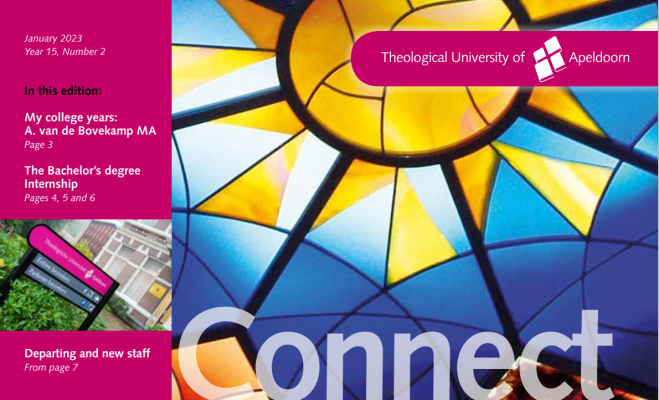16 December 2019
 |
 |
 |
Building a European Response to the Challenges of Religious Diversity
The launch of the Horizon 2020 funded project RESILIENCE in September 2019 marked an important step towards an established European Research Infrastructure on Religious Studies. Twelve academic institutions from ten countries have joined forces to undertake this two-year project with the ultimate aim of building a European response to the challenges of religious diversity.
Religious diversity presents a growing challenge for European society, resulting in an increased need for mutual understanding. An infrastructure on religious studies will support this understanding through scholarly research, in the conviction that knowledge is the best tool for a shared response to the spike in issues related to religious diversity.
In previous years, preparations have already been made for such a European infrastructure through the ReIReS project, also funded by Horizon 2020. Building upon this, twelve academic institutions from ten countries have joined forces in the RESILIENCE project, which had its kick-off meeting September 6/7 2019 in Bologna.
RESILIENCE (REligious Studies Infrastructure: tooLs, Expert, conNections and CEnters) will serve the academic the academic community in the first place, and at the same time will, with its impact, extend significantly to the non-academic community: it offers the tools for an innovative approach of religious studies which can be used to build a European response to the challenge of religious diversity.
Currently, RESILIENCE focuses on the preparation of a proposal for an established research infrastructure in religious studies. The proposal will be submitted to the ESFRI Forum on the 5th of May 2020, aiming at becoming part of the ESFRI Roadmap 2021.
Prof. Dr. Herman J. Selderhuis, rector of the Theological University of Apeldoorn, one of the participating institutions: "RESILIENCE offers a unique opportunity to support religious research in Europe and to effectively link it to current issues."
Photo: Participants of the kick-off meeting September 6/7, 2019 in Bologna.
Credits: Fabio Nardelli.
